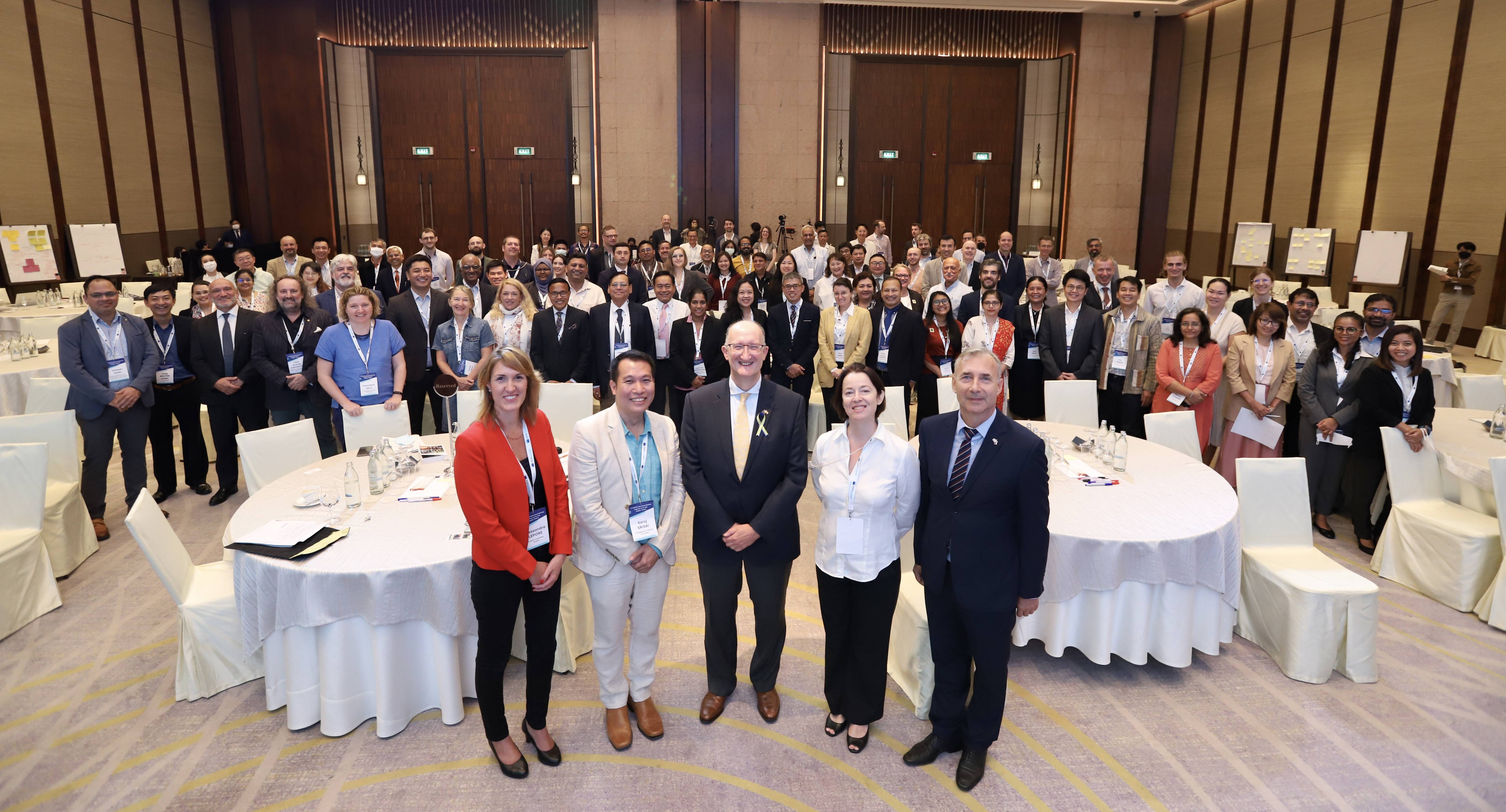
Bangkok, 30 September 2022 – With ca. EUR 300 million already invested towards promoting sustainable consumption and production (SCP) in Asia and Central Asia through the SWITCH-Asia Programme, and over 140 projects implemented in the region over a period of 15 years, the European Union (EU) is renewing its commitment to support countries in their efforts moving towards an inclusive green and circular economy and switching to more sustainable consumption and production patterns.
On 22nd and 23rd September 2022, the SWITCH-Asia Programme Steering Committee Meeting and 4th Annual Conference organised by the SCP Facility took place in Bangkok, Thailand at Conrad Bangkok Hotel. The Event brought together (offline and online) a total of 180 representatives from ongoing grant-funded projects in several countries in the region, as well as EU Delegations in Asia and Central Asia, government officials within ministries of the 24 eligible countries, and selected regional organisations, partners and experts working in the field of Sustainable Consumption and Production (SCP).
Throughout the event, there was a general consensus among stakeholders that sustainability in our societies is no longer simply about increasing efficiencies or complying with regulations — it is about making fundamental changes in the way business is done and the way the world consumes. This will involve rethinking business models and supply chains across industries and how value will be redefined over the coming years.
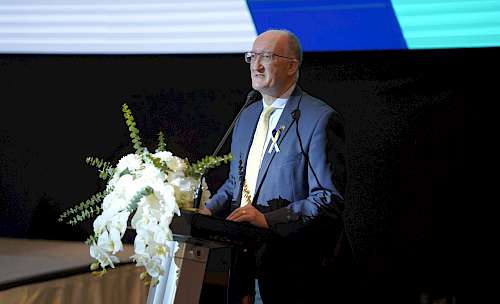
In his welcoming remarks, H.E. David DALY, Head of Delegation, EU Delegation to Thailand explained, SWITCH-Asia is fully aligned with key EU policy priorities and partnerships, including the EU Green Deal, the EU Strategy for cooperation in the Indo-Pacific, the EU-Central Asia Strategy, the EU-ASEAN Strategic Partnership, among others. In the coming years, the EU will continue working with international organisations in setting more ambitious global standards and in increasing the sustainability of products placed on the EU market. He also stressed the importance of the EU SWITCH-Asia Programme in enabling the European Union to speak more operationally and in practical terms when engaging with governments on climate change challenges and showcasing the work that is being done by people on the ground.
Specific sessions of the event included Knowledge Exchange and Networking Activities (watch the streaming) covering topics of: communications and outreach strategies for SCP, engagement between SWITCH-Asia grants and policy work, market transformation and engagement with private sector, and leveraging knowledge towards transformation. In addition, specific panels focused on: strengthening regional engagement towards SCP and circularity, enabling SCP financing for SMEs, stakeholder engagement towards sustainability, transformation towards SCP, and innovations and insights from the implementation process (watch the streaming of PART I - PART II - PART III ).
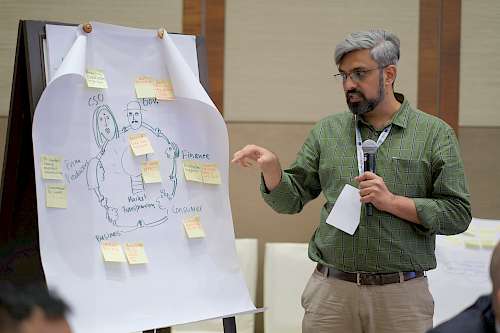
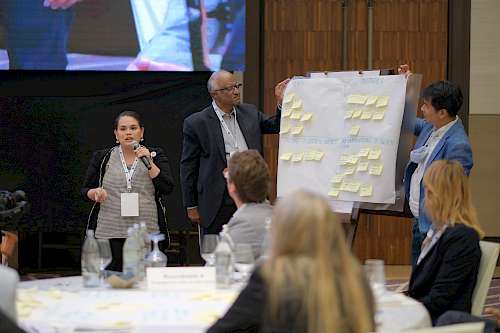
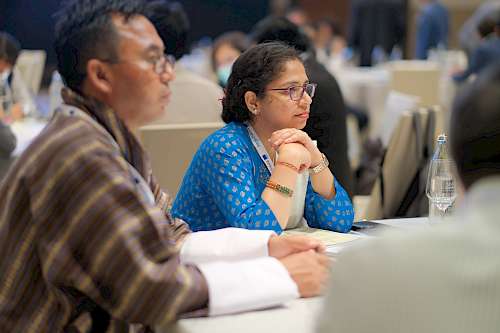
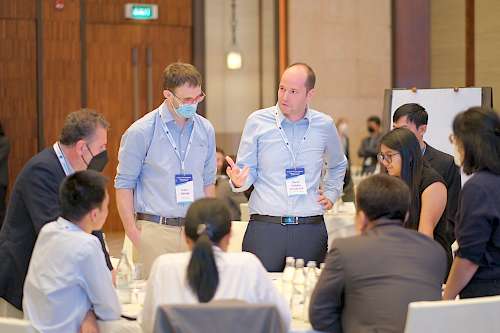
In 2023, the programme will enter into its third phase (2023-2026) and will be extended to the Pacific and the Middle-East, strengthening the EU commitments in promoting the transition of value chains in the Indo-Pacific and in engaging with countries in the Middle-East not yet signatories of the Paris Agreement.
Building on the successful results of its 140 projects (43 of which currently being implemented), SWITCH-Asia will continue funding consortia composed by EU-Asian organisations. The replication and scaling-up effect of project results together with access to finance and public-private investments for green products, services and technologies will be key to ensure the programme’s greater impact in the region.
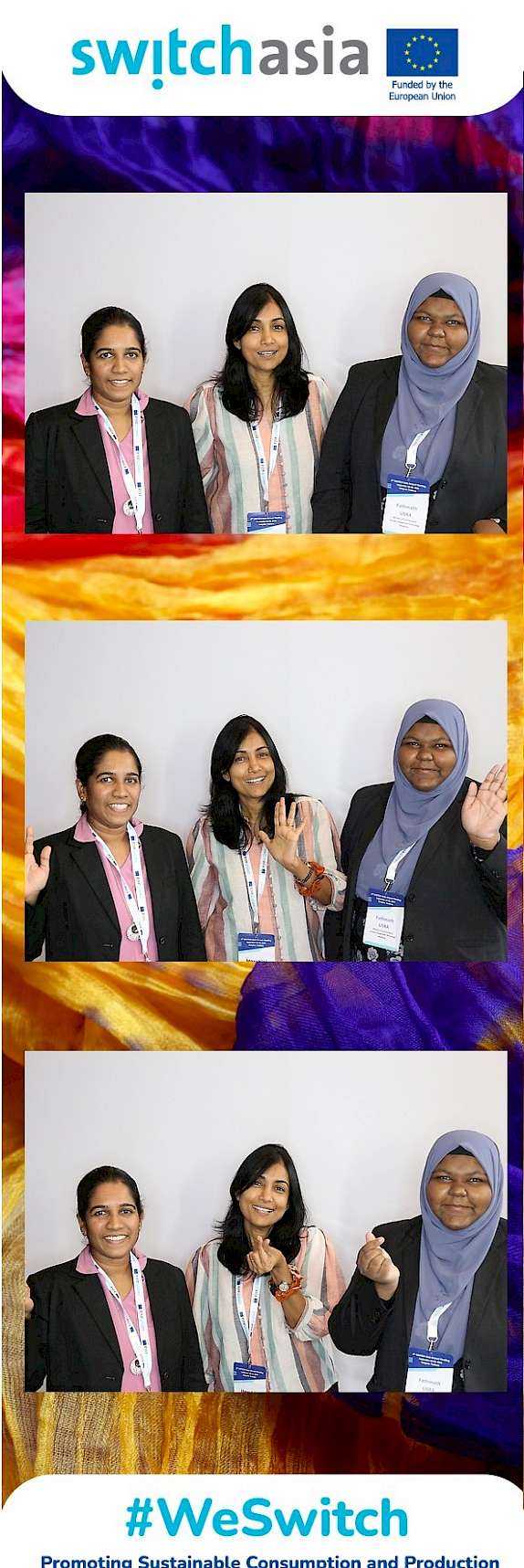



Resources


